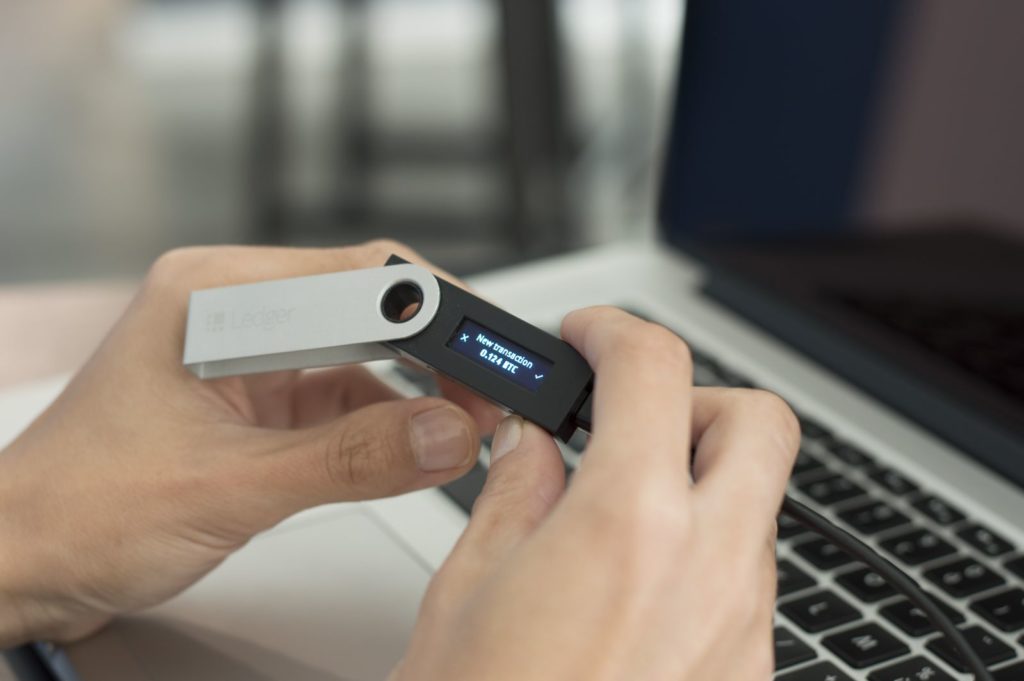Table of Contents
What does NFT Mean?
NFT or Non-fungible tokens, are an emerging trend in the cryptocurrency sphere and a step forward in the reinvention of modern finance and other industries. And as any other crypto asset type, you need a proper wallet address in order to interact with the marketplace and be able to mint, buy, store or sell your NFT. But there are a plenty of wallet providers out there and some of them are user friendly while others are more advanced ones, but we will explain all of them in this article.
Minting NFT
Simply put, NFT “minting” is to publish a token once on the blockchain and make it available for purchase. A simple step-by-step way to get started is to create a digital wallet, especially one that securely stores cryptocurrencies (known wallets include MetaMask, Trust Wallet, Wallet Connect, Coinbase, Rainbow and many more).
Buying and Storing NFT
To buy an NFT asset from marketplaces like OpenSea and to store it, you will need a Web3 wallet in order to login to the marketplace interact with the owner in a smart contract and confirm the transaction so the NFT trade can happen. Some of the most used Web3 wallet addresses for buying and storing your NFT are MetaMask, TrustWallet, WalletConnect, etc.
Selling NFT
It is the same process with selling NFT as well, you will need a Web3 wallet address in order to login to the marketplace, list your NFT for sale and when someone buys it, the cryptocurrency tokens to be sent to your wallet address and the NFT to be sent from your wallet to the buyer’s wallet address.

What Type of Wallets are out There?
If the desired collection and NFT marketplace are selected, collectors will need to create an account in the marketplace to purchase NFT. However, before that, you need to connect the cryptocurrency wallet to the selected NFT platform. Until then, you can’t buy or sell anything.
Cryptocurrency as a secure storage place for digital assets is an important part of the blockchain system. Members of the crypto community need a wallet to use blockchain services, access different platforms, sign transactions, and manage their funds according to the basics of blockchain. In this way, all crypto platforms and NFT marketplaces eliminate the need to store user account data in particular, making operations more accurate and secure.
Before setting up a wallet, it is important to make sure that the wallet matches the cryptocurrency used on the platform that the buyer will use. Most NFT services are based on Ethereum, so we accept Ethereum’s native cryptocurrency Ethereum (ETH) as a viable payment.
There are different types of cryptocurrency wallets, including hosted wallets, unmanaged wallets, and hardware wallets.

Hosted wallets, also known as storage wallets, are considered to be the most user-friendly and easiest to set up. It is called hosted because the user’s cryptocurrency is automatically stored by a third party, much like a bank saves money in a check or savings account. Users don’t have to worry because third parties are responsible for the security of their cryptocurrencies, so with this type of wallet, if you lose or forget your password or private key, you won’t lose your cryptocurrency.
The main drawback of using a storage wallet is not only the lack of autonomy, but also the loss of anonymity. This type of wallet often encourages users to perform identity-dependent Know Your Customer (KYC) validation. In addition, users need to make sure that the hosting company is reliable and competent.
Instead, a non-custodial wallet fully controls your cryptographic security. Users can select the transaction fee type. These wallets provide the necessary software to remember the cryptocurrency, but be responsible for remembering the password. Users are also called their own passphrases, called mnemonic and seed phrases, and cannot be accessible to the wallet.
A seed phrase is a randomly generated words, between 12 to 24 words (in a specific order). It is generated by the Web3 wallet provider using a software and is used by users to login from a different device or browser in order to access and control their crypto funds On-Chain. It is strongly recommended that you keep a copy of the seed phrase offline in order to increase the security over your wallet address. For example, write the seed phrase words on a paper and store it somewhere secure.
The not recommended method is to keep the seed phrase on a device connected to the internet or to leave it in any digital format, like a print file or a photograph. If a malicious actor discovers a user’s seed phrase, they have full access to the crypto assets of the wallet.
In addition, users with non-Cast Dial wallets have access to advanced cryptocurrency operations such as staking, lending and borrowing.
A hardware wallet, also known as a cold wallet, is a physical device the size of a USB stick. This type of wallet is very complex to use and relatively expensive.
The obvious advantage of using a hardware wallet is that you can securely store your private key without the security risks of the online wallet mentioned above. Hardware wallets can keep cryptocurrencies offline and secure even if the user’s computer is hacked.

The choice of the right wallet depends in part on the collector’s tastes and, in part, on the type of security they are willing to have. You can use a hosted wallet to keep the purchasing process simple, a non-storage wallet to give you complete control over cryptography, and a hardware wallet to pay special attention.
The choice is entirely up to the collector. As a result, once the collector has set up the wallet and has enough cryptocurrencies, he can continue to connect to the appropriate NFT marketplace, create an account and start purchasing NFT.
Showcase your NFT Collection
Once you are happy with your NFT collection, you can explore it on EGG Cardboard and share it so other users can see it. You can also invite other NFT holders on EGG.FI so they can explore their NFT art and share it to thousands of NFT holders where they can see it and engage.
Disclaimer: The opinion expressed here is not investment advice – it is provided for informational purposes only. It does not necessarily reflect the opinion of EGG Finance. Every investment and all trading involves risk, so you should always perform your own research prior to making decisions. We do not recommend investing money you cannot afford to lose.
 English
English Français
Français Español
Español Bahasa Indonesia
Bahasa Indonesia 中文 (中国)
中文 (中国) Русский
Русский Português
Português Deutsch
Deutsch

